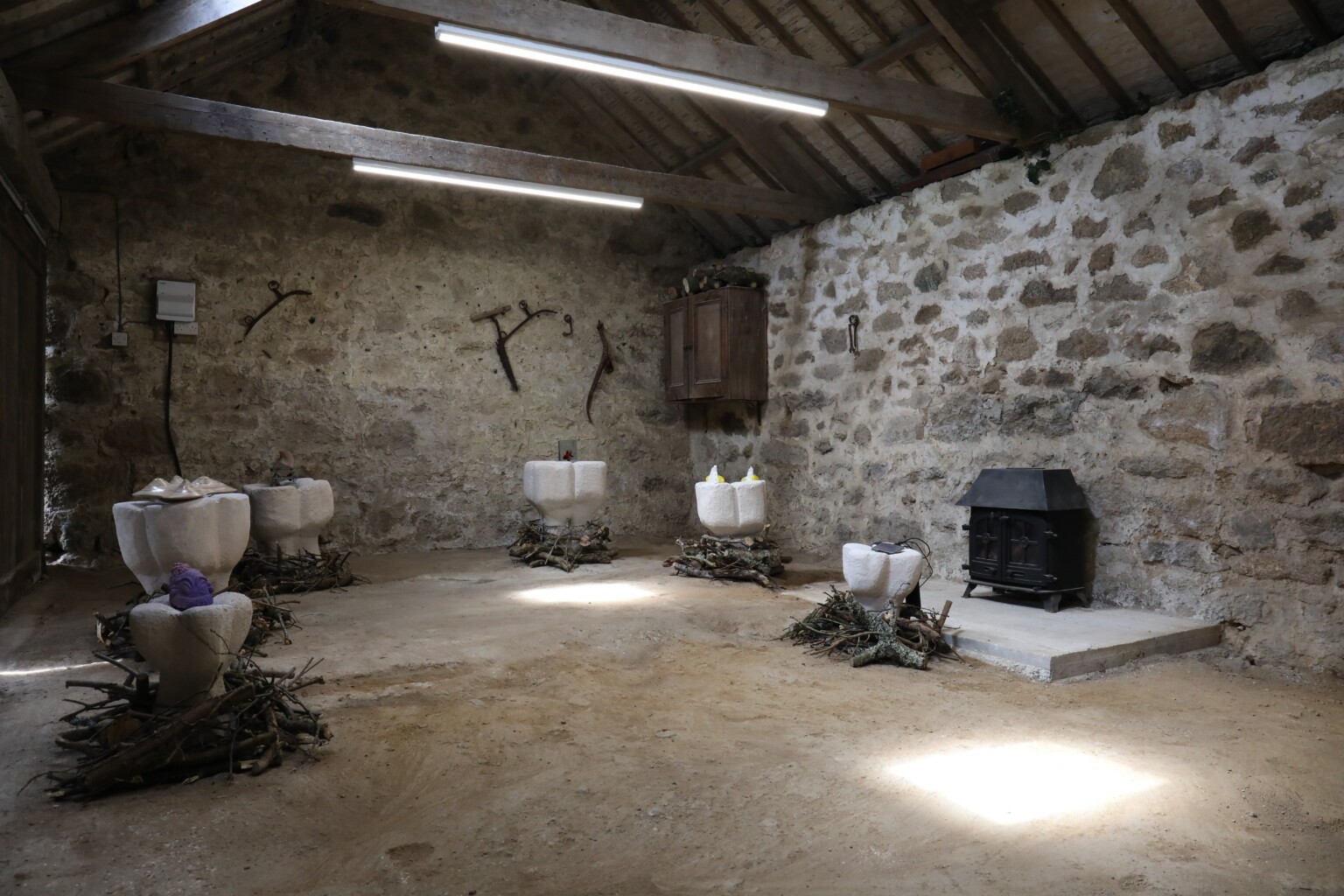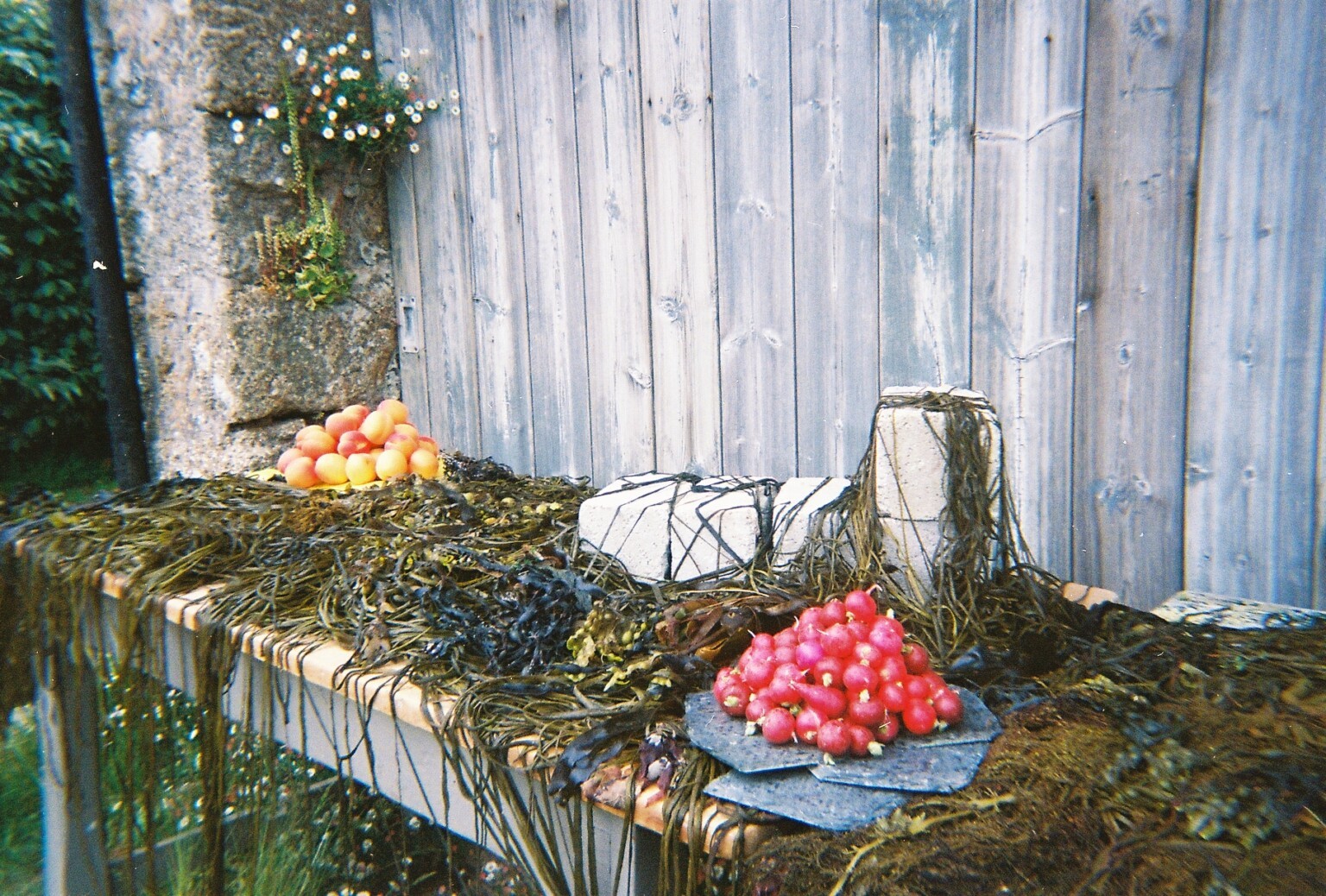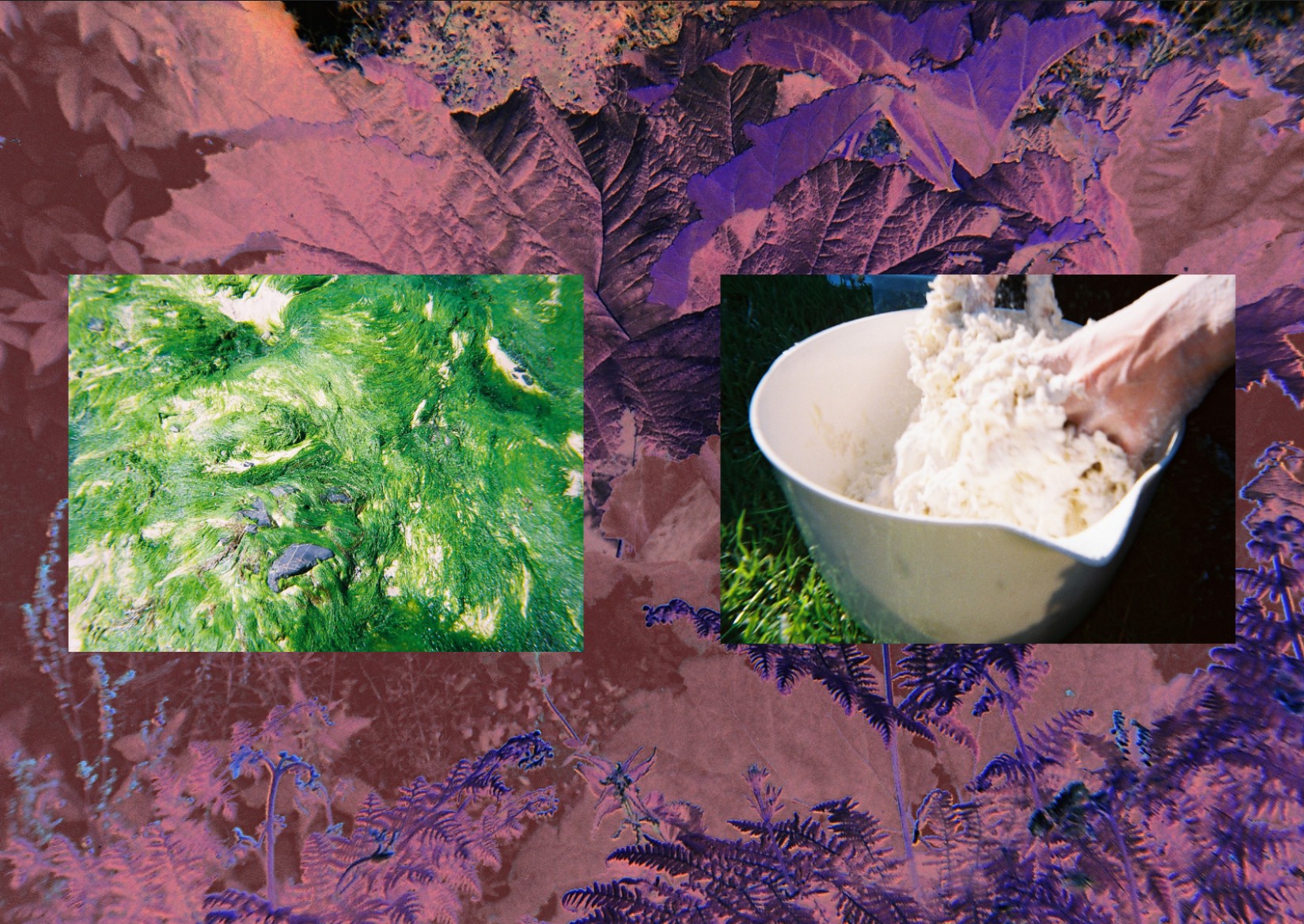Hannah Barry Gallery x Foolscap Editions, London
Editor
2025
Lo Brutto Stahl, Paris & Basel
Exhibition Text
2024
Hannah Barry Gallery x Foolscap Editions, London
Editor
2024
émergent, London
Interview
2024
DUVE, Berlin
Exhibition Text
2024
émergent, London
Interview
2024
Incubator, London
Exhibition Text
2023
QUEERCIRCLE, London
Exhibition Text
2023
L.U.P.O., Milan
Catalogue Essay
2023
Tarmac Press, Herne Bay
Catalogue Essay
2023
Brooke Bennington, London
Exhibition Text
2023
Freelands Foundation, London
Catalogue Essay
2023
superzoom, Paris
Exhibition Text
2023
Lichen Books, London
Catalogue Essay
2022
Tennis Elbow, New York
Exhibition Text
2022
émergent, London
Interview
2022
Guts Gallery, London
Exhibition Text
2021
Kupfer Projects, London
Exhibition Text
2021
Collective Ending, London
Catalogue Essay
2021
‘Foraging, Ritual and Primitive Accumulation’
Written for a publication of the occasion of Solstice Spectrum, a residency and exhibition by Collective Ending at The New St. Ives School Residency, Zennor, Cornwall (16 – 22 June 2021). The residency was organised by Alia Hamaoui and Elliot Fox and facilitated by Rosie Osbourne. Solstice Spectrum brought to the fore the collective’s curiosity in the ritualistic experiences of cooking and eating, as members of Collective Ending embraced the organic surrounds of rural St. Ives. The event examined how two monumental pre-human advancements, the discovery of fire and the use of tools for food preparation, shaped our species’ evolutionary development.
The former was evoked through three sculptural grills, created in collaboration by Elliot Fox and Gobyfish, that allowed food to be cooked slowly over an open flame, reminiscent of our ancestors earliest harnessing of fire, and complimenting a menu that harnessed the area’s abundance of natural produce. Additionally, each artist presented an element of their practice atop a series of tooth-shaped plinths that serve to reference both the distinctive rock formations that mark the county’s ritualistic history and the anatomical evolution of human teeth, jaw and facial structure following the invention of stone tools to prepare food.
–
Foraging, that essential activity of early humans, is no longer relevant to our survival as a species. It returns in modern Western society, less as a way to connect with the natural environment than to illustrate our disassociation from it. Despite this, there remains a long-held assumption that wild foods are an inherent public property, free for all to gather for personal use. It is an assumption held on the periphery of our thought, caught at the borderline between our living reality and an idealised notion of rural and bucolic pastimes. Not only this, it is an assumption premised on a particular linear narrative of history, one that says: where hunter-gatherers once meandered the landscape in search of edible leaves, roots, nuts and berries – foraging for food as a strategy for survival and reproductive success – the increasing prevalence of agriculture has slowly reduced our need for foraging to nothing more than a bourgeoise leisure activity. In this sense, the decline of foraging is typically seen as the corollary of technological modernity and our inevitable acceleration toward “advanced” techniques of social reproduction.
Contrary to this view – that the decline of foraging represents an unfurling of the natural wings of history – it is crucial that foraging and its subsequent practices of ritual, medicine and sustenance are seen a series of foreclosed and ongoing histories; that methods of cultivating, healing and being in the world have been – and continue to be – purposefully suppressed by the rise and hegemony of global capitalism. They remind us that not only was its emergence grounded in the enclosures of land in European countries and their colonial settlements, but also through the privatisation of plant germ-plasms, the introduction of pharmaceutical patents and the demonization of practices involving autodidactic botanical activity — the therapeutic, recreational or ritualistic practices of herbalists, druids, alchemists and midwives. In the words of Silvia Federichi in her seminal work, The Caliban and The Witch (2004), 'It became a matter of exterminating or confiscating a certain ecology of body and soul, hallucinogenic treatments, and forms of pleasure or excitation [...] traditionally practiced by women, colonised peoples, and non-authorised sorcerers.'
The environment in which foraging takes place across the world is often profoundly hostile. This can take the form of domestic anti-foraging laws that criminalise trespassing and harvesting wild food from public spaces, such as those that exist in many US states and persist since their inception during the colonisation of the Americas. Restrictions mirrored by international practices of mulnationational seed patents, which see companies such as Monsanto and Nestlé prohibit farmers from saving their seed and suing those who do for patent infringement, often leading to the destitution of local farmers and families in the Global South. Together they form a vast architecture of control that not only suppresses the power of communities to provide sustenance and income, but also alternative forms of medicine, care and recreational activity that are opposed to the logic and power of capitalism. They conceal the essential truth that, when done sustainably, foraging can manage and enhance greenspaces, protect and revitalise native ecosystems, uncover new ways of being and interacting with the world, and contribute to the greater stewardship of land in which one lives.
Edition of 100
Designed by Alia Hamaoui
Published by Collective Ending
Printed in London, 2021



L21 Gallery S’Escorxador, Palma De Mallorca
Exhibition Text
2021
TJ Boulting, London
Exhibition Text
2021
Quench Gallery, Margate
Exhibition Text
2021
COEVAL, Berlin
Interview
2021
COEVAL, Berlin
Interview
2021
Foolscap Editions, London
Catalogue Essay
2020
Gentrified Underground, Zurich
Catalogue Essay
2020
Camberwell College of Arts, London
Exhibition Text
2019
Kronos Publishing, London
Editor
2019
Elam Publishing, London
Editor
2019
William Bennington Gallery, London
Catalogue Essay
2019
Elam Publishing, London
Catalogue Essay
2018
Camberwell College of Arts, London
Exhibition Text
2018
Limbo Limbo, London
Exhibition Text
2017
Saatchi Art & Music Magazine, London
Review
2017
B.A.E.S., London
Exhibition Text
2016